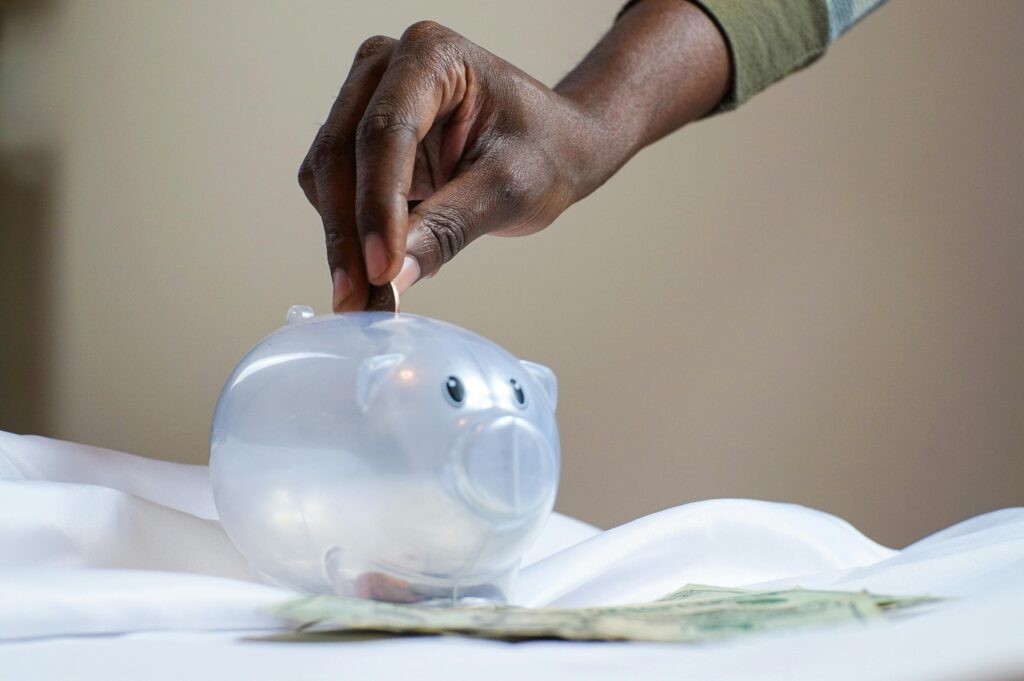“There was New Year’s in January, the Easter holidays, the Emancipendence period, summer events and vacations, back to school shopping for my children, the mortgage, the bills, the children and the children. Oh, and the divorce! I’ve constantly been spending, and now I fear that I may have a personal financial crisis on my hand.” – Jane Doe, Civil Servant & mother of two
As financial professionals, we understand what a financial crisis looks, sounds and feels like. These are situations that cause a hit to your financial security, whether sudden or incremental.
To many, the word ‘crisis’ sounds intense… maybe irrecuperable and it’s often accompanied by feeling overwhelmed, stressed and the inability to move forward. But, at VM, we’ve encountered a lot of people who have experienced personal financial crises and have helped to put them back on a path to recovery. Ready to learn how?
be REALLY REALISTIC: There’s no way it took you so many years to get to this level of financial crisis yet you’re expecting it will take you just a few weeks to get out of bad debt. Delusion is not becoming! So, our first tip is to be realistic when it comes to resolving your financial challenges. Plus, realistic goals can also help you stay motivated in reducing your financial strain.
do RIGOROUS REVIEWS: During your financial crisis do a thorough review of all your finances; what’s coming in and what’s going out. This could look like listing all your savings, the amount of debt you currently owe, due bills, the amount you have for retirement or investment accounts (if any). This will help you to know what to prioritise as you work on your finances.
BALANCE the BIG BILLS: Falling behind on your bills is a big part of personal financial crisis. So, if your bills have long passed the due date then you’ll need to devise a plan to catch up on your payments, especially the heavier ones like your mortgage. For mortgagers, think about contacting your lending institutions about the available options or payment plans, to make your account current. The same goes for your credit cards and other loans.
MAKE MORE MONEY: How about thinking of something you can do to make some extra cash? It could be finding freelancing opportunities, selling in-demand products or online tutoring or venture into content creating. No matter how small the money being earned from this may look, every dollar adds up.
As you go through this personal financial hardship, try to learn some important lessons. Ask yourself what caused the biggest financial impact and how you can minimise the effects of a personal financial crisis in the future. While you work on the pep talk, we can work on the more tangible efforts – touch base with us today by clicking HERE.












